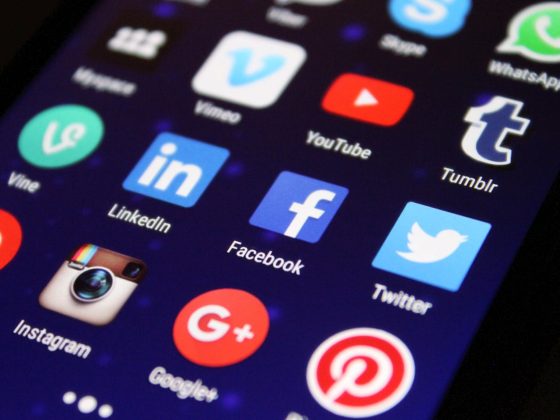In today’s world of constant online and offline communication, there are so many marketing messages that a consumer is exposed to daily. In this clamor, personalization has been identified as one of the most effective ways of attracting and maintaining customer interest. Marketing specifically targeted to the fundamentals of consumers’ personal demographics and buying habits allows the formation of closer bonds with the audience, resulting in increased interaction and favorable response. This article discusses the concept of personalization and its relevance in the marketing field, the advantages of personalization, as well as the ways businesses may leverage its implementation.
The Importance of Personalization
Personalization entails the tailoring of marketing communication content, messages and experiences to reflect the buyer’s needs and wants. These approaches are far from the traditional ‘one-size-fits-all’ approach to marketing. With today’s customer demanding more timely and relevant communications, personalization is no longer a fancy addition but a necessity.
Benefits of Personalization
Enhanced Customer Experience: Personalized marketing improves customer experience given that the target customers receive content and messages that are most relevant to them. Consumers who receive the impression that the brand cares about them are more likely to interact and have a favorable attitude towards it.
Increased Engagement and Conversion Rates: Personalized messages are more likely to grab the audience’s attention and be persuasive. This results in higher engagement rate and thus a good rate of conversion among the followers. It has been demonstrated that using the first name in the email can increase the rate of requested transactions by as much as six times compared to the standard paperwork.
Improved Customer Retention: Personalization leads to the enhancement of the bond that is held between the customers and the business in that there is satisfaction of their needs with special emphasis on the preferred choice. Repeat customers are more loyal to a specific brand and this helps to minimize the churn rate hence improving the lifetime value.
Data-Driven Insights: Personalization produces beneficial information about consumers’ behavior and needs. These insights can be applied for improving marketing messages, enhancing campaigns, and in creating new products or services that reflect customer preferences.
Implementing Personalized Marketing Strategies
Effective personalization must be done in a proper way and with the proper means. Here are some key steps businesses can take to implement personalized marketing strategies:
Collect and Analyze Data: At its core, personalization is fundamentally a data processing activity. This is where organizations require complete information about customers, the manner in which customers engage with their firms and the sort of businesses they prefer. This entails the use of sessions such as website visits, purchase history, email interactions, social media activity among others.
Segment Your Audience: After data has been gathered, it is important for the audience to be divided into many categories that can be easily distinguished by aspects such as behavior and demographics. This makes it possible for the firms to filter messages and promotions based on the targeted audience to increase chances of interacting with the audience.
Leverage Marketing Automation: Marketing automation tool facilitates the process of creating and sharing relevant content with the audience. These tools can deliver targeted emails, suggest products, or show content on the website in response to the visitor’s activity.
Create Personalized Content: Personalization cuts across a process through which the required content is developed to appeal to interests, requirements and challenges of the target customer. This might range from product suggestions to promotional offers and specific appealing messages.
Utilize Dynamic Content: Interactive content allows the changing of the content of a website or an email based on user behavior. For example, a logged-in user might be shown a set of products that this user might not be shown if they were just a new visitor. That level of personalization can significantly enhance the experience of users.
Monitor and Optimize: Personalization is an ongoing activity as it requires user attention and adjustments on an ongoing basis. Large numbers of businesses need to check the effectiveness of the personalized campaign periodically and should take feedback and change it to match their needs.
Personalization is a strong mechanism that can greatly contribute to the improvement of marketing effectiveness and its efficiency in terms of appealing to customers and making them loyal to the selling company. This way, by using data, segmenting it, and applying sophisticated marketing tools, a business can build a message that would appeal to any particular customer. These strategies are highly prescriptive in today’s global marketplace as customers demand and expect relevance and personalization.










